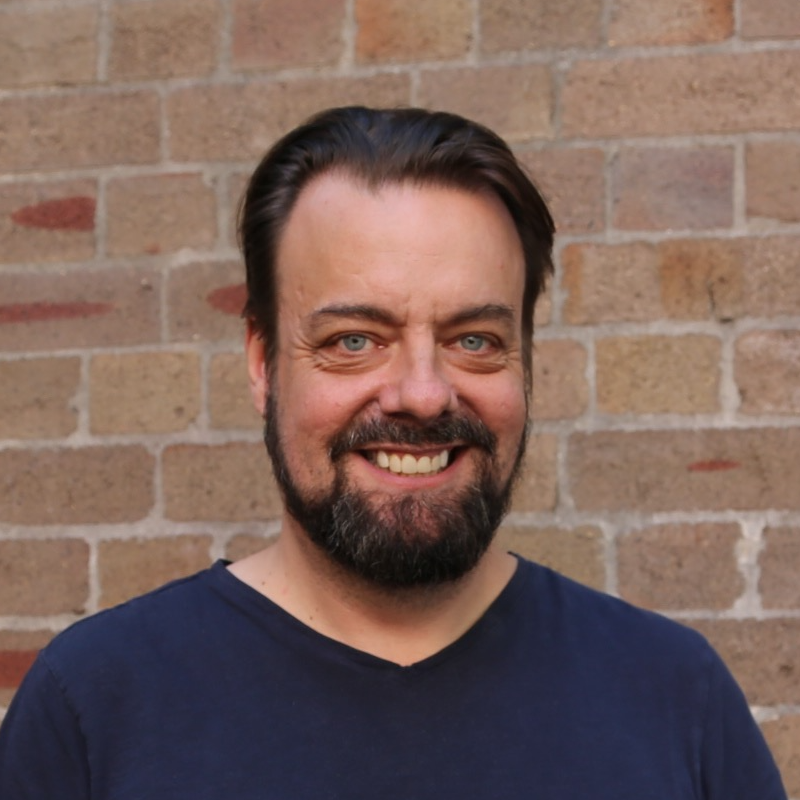by Leon Young
I have had a lifelong interest in education and how it is delivered. This is partly because I personally felt like the education system failed me when I was growing up.
I knew I wasn’t stupid, but I didn’t fit into the boxes. I was the kid who would score in the top 1% in the national maths competition but be getting Ds in maths class.
It wasn’t until years later, when I was working with neuroscientists and neuropsychologists on the science of learning and human transformation technology, that it was suggested to me that I had ADHD. I went online and took the tests and, sure enough, I rated highly for ADHD, along with mild dyslexia.
Looking back I can see that undiagnosed ADHD was why school was always harder for me, and why I was often in trouble.
Luckily for me I grew up in a middle class, supportive family during the home computer boom of the 1980s and discovered that my natural talent was in programming. I started my own video game publishing business at the age of 14, which really gave me a sense of purpose and a direction for my future.
But I can see how easily others can slip through the cracks.

In the 2000s I launched an award-winning agency that created custom apps for education, health and behaviour change. These were very bespoke – they each dealt with one problem and provided one solution. They would also often take a year or more and a big budget to develop. Even if it was a great success, there was often no money available to update the solution down the track.
I saw lots of organisations develop high quality digital learning but, when it came to the next round, even if they were award-winning apps, they couldn’t do it all again either because of the money or the time commitment. Across the board I could see there had to be better outcomes, a better design, using psychology and neuroscience.
We are now starting to understand neurodiversity; the idea that people’s brains process information in different ways. I was reminded recently that one of the games I developed as a teenager was a memory-based study aid, which I really built for myself because my memory at school was terrible – a symptom of ADHD. It is really satisfying to me now to help people find better outcomes for education and behavioural change.
I started Cogniss in 2016 with the belief that the best quality, most effective technical solutions for education, health and behaviour change should be accessible to all.
Today, thousands of lives have been changed for the better by using an app built on Cogniss. For me one of the most satisfying things is its potential to develop something even more effective than the expensive custom programs we were creating before.
It gives anyone the opportunity to create an app that drives long-lasting learning, health and lifestyle outcomes. It is really inspiring to see it being used by all sorts of organisations – from corporate, government, university, and not-for-profit – to deliver real world positive outcomes.
Leon Young is CEO of Cogniss, a no-code app building platform making it possible for anyone to build apps that can transform lives.


